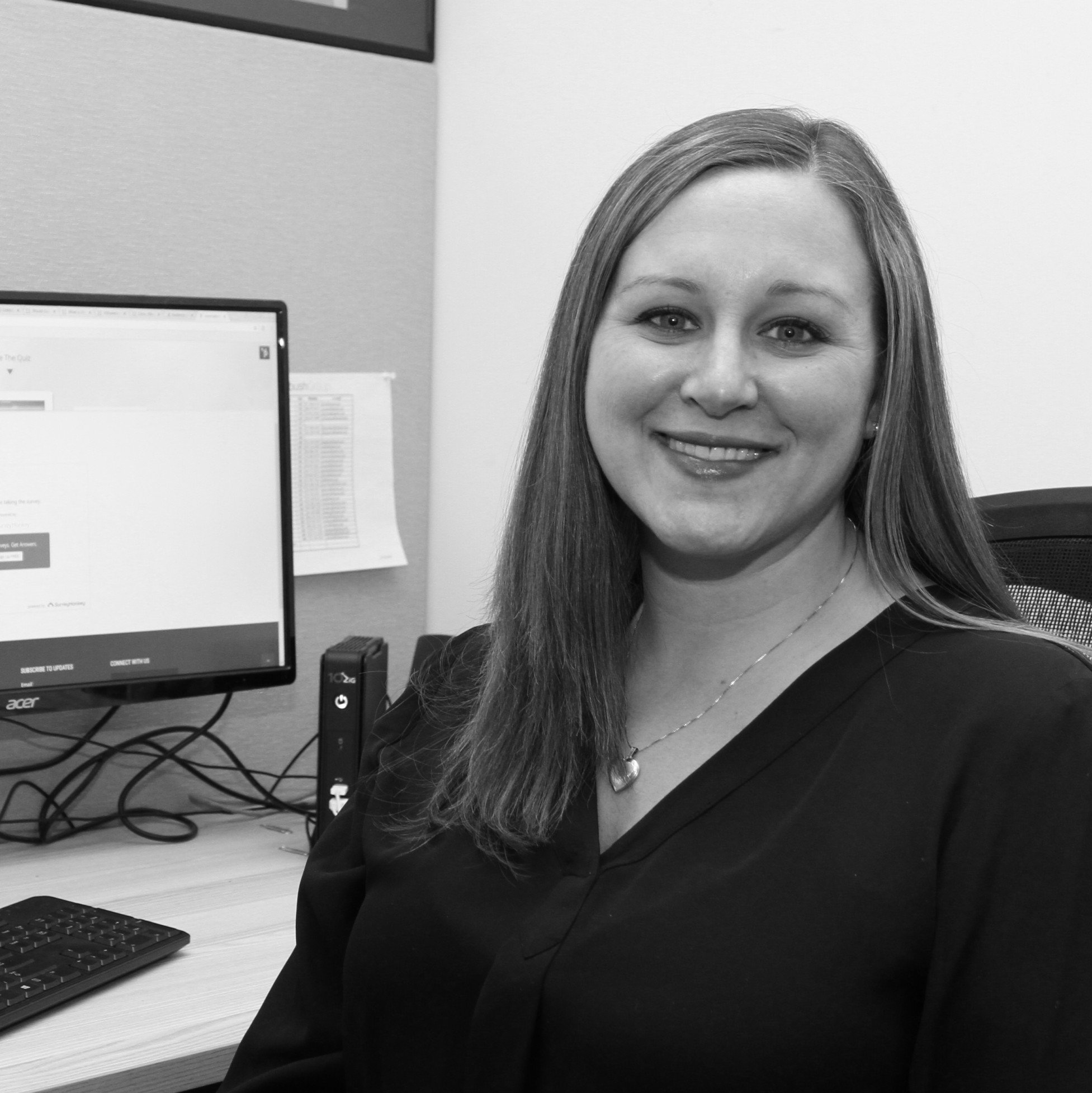For many firms, adding headcount means shopping for new computers. Depending on your needs, you may pay anywhere from $400 for a basic desktop with limited storage space to $3,500 for a high-quality PC with a large hard drive but the shopping doesn’t stop there. Growing firms need incremental server storage upgrades, and every few years, PCs and servers become antiquated and must be replaced. But there is an alternative: By moving to the cloud, your firm could avoid ever having to buy another PC.
Transitioning to the Cloud
Cloud adoption has soared in recent years and continues to accelerate. In the US, 94% of businesses use cloud in some form, according to Zippia, and Gartner projects that more than 85% of organizations will embrace a cloud-first principle by 2025. Cloud adoption means transitioning away from a capital expenditure model to an operations expenditure model. Businesses that are fully in the cloud access all of their applications, files, and data over the internet from a cloud service provider’s secure server, rather than maintaining their own in-house servers. Rather than making costly infrastructure investments like servers and PCs, your firm pays a cloud service provider a flat monthly, per-user fee for the services you use.
Growth of Desktop as a Service (DaaS)
Businesses are increasingly turning to Desktop as a Service (DaaS), a cloud service model where all of a firm’s servers, desktops, applications, and files are moved to the provider’s private cloud. The global DaaS market size is projected to grow by a CAGR of about 24% per year to $35 billion by 2035, according to Research Nester.
Why DaaS?
Besides lower capital expenditures, DaaS provides companies with many advantages when compared to an on-premise network, including enhanced flexibility, efficiency, security, scalability, and access to state-of-the-art solutions. With DaaS, a Windows desktop is streamed over the internet and gives users full access to all of their applications and files from any device and location. Because DaaS fits hand in glove with a flexible workplace, the growth of hybrid work environments rapidly accelerated the adoption of DaaS.
Users can work on a file on one device in the office, for example, and pick up exactly where they left off at home Files are automatically backed up, and all connections take place within the cloud provider’s secure environment, allowing for elastic security or security that stretches beyond the company’s walls to wherever employees are working. Reputable cloud providers also ensure that all devices have effective and up-to-date firewalls, anti-malware software, and encryption tools. Good cloud providers offer 24x7x365 monitoring to pinpoint unusual activity that could indicate a cyber threat, in addition to proactively identifying and correcting IT issues to prevent costly service interruptions and downtime. When you work with a good provider, your team is always using the most up-to-date versions of applications, including security and patch updates, enhancing both efficiency and cybersecurity. And when your firm grows or contracts, the provider simply adds or deletes users from your subscription, ensuring you are never stuck paying for services you don’t use.
What about Devices?
Given its advanced security features and its compatibility with a variety of devices including desktops, laptops, tablets, and mobile devices, DaaS gives firms the flexibility to adopt a Bring Your Own Device (BYOD) policy. BYOD policies allow users to work on the device that they are most comfortable with, enhancing their productivity and allowing firms to avoid costly hardware investments. The security features that are inherent in DaaS solutions are key to the implementation of a secure BYOD policy. In a DaaS model, users access all applications and files through a secure cloud connection, so they are always working in a secure manner. The provider can also help you set up and enforce a strong password policy that utilizes multi-factor authentication (MFA), in addition to training your team on cybersecurity best practices.
To learn how our DaaS solution, Boxtop, can make your firm's operations more efficient and secure, contact Tabush Group today.









